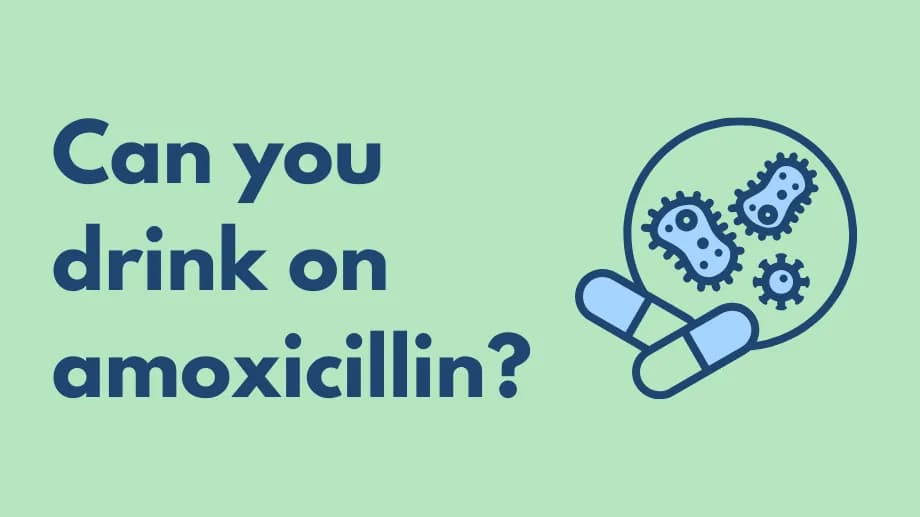Is Amoxicillin an antibiotic?

Yes, amoxicillin (brand names: Amoxil, Moxilin, Sumox, Trimox) is one of the most widely prescribed penicillin antibiotics in the world. It is used to treat a variety of bacterial infections but does not work against viral infections like the common cold, flu, or COVID-19.
What Does Amoxicillin Treat?
Amoxicillin is a beta-lactam antibiotic approved by the FDA to treat bacterial infections that do not produce beta-lactamase. It is used for:
- Ear, nose, and throat infections – e.g., strep throat, tonsillitis, pharyngitis, otitis media
- Lower respiratory tract infections – caused by Streptococcus, H. influenzae, Pneumococcus, or Staphylococcus species
- Sinus infections – sinusitis caused by S. pneumoniae, H. influenzae, or Staphylococcus
- Urinary tract infections (UTIs) – from E. coli, P. mirabilis, or E. faecalis
- Skin infections – involving Streptococcus, Staphylococcus, or E. coli
- H. pylori infections and ulcers – used with clarithromycin and lansoprazole
Other off-label uses include treating Lyme disease (if doxycycline is not appropriate), anthrax exposure, and cutaneous anthrax.
Side Effects of Amoxicillin
Common side effects include:
- Diarrhea
- Nausea or vomiting
- Skin rash
- Headache
- Altered taste
Serious side effects may require medical attention:
- Severe allergic reactions such as hives, swelling, or trouble breathing
- Severe skin reactions such as blisters or peeling
- C. difficile-related diarrhea with watery or bloody stools, stomach cramps, and fever
Note: These are not all the potential side effects. Always seek advice from a healthcare provider regarding any new or unusual symptoms.
Who Should Not Take Amoxicillin?
You should not take amoxicillin if you have a true penicillin allergy. This includes being allergic to amoxicillin or other penicillin antibiotics such as ampicillin, dicloxacillin, oxacillin, and penicillin. Also, let your doctor know before using amoxicillin if you are allergic to cephalosporin antibiotics such as cephalexin, cefuroxime, cefdinir, and cefprozil.
What Other Precautions Are There With Amoxicillin?
Before taking amoxicillin, tell your provider:
- If you have an allergy to penicillin antibiotics, amoxicillin, cephalosporin antibiotics, or any of the inactive ingredients in amoxicillin capsules, tablets, chewable tablets, or oral suspension
- What other prescription and over-the-counter drugs, vitamins, and supplements you are taking
- If you smoke, drink alcohol, or use illegal drugs
- If you are taking a hormonal contraceptive (birth control pill), as amoxicillin may decrease its effectiveness
- If you have mononucleosis (mono), or a history of liver disease, kidney disease, or asthma
- If you are pregnant, plan on becoming pregnant, or are breastfeeding
What Medications May Interact With Amoxicillin?
Certain medications may cause drug interactions with amoxicillin. This includes:
- Gout drugs such as probenecid and allopurinol
- Birth control pills
- Other antibiotics like tetracycline, chloramphenicol, erythromycin, and sulfamethoxazole
- Blood thinners such as warfarin


